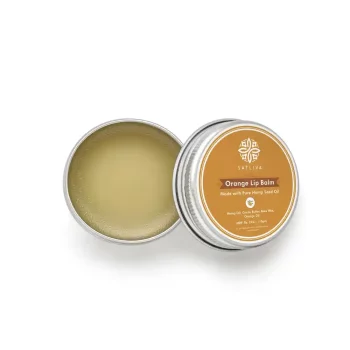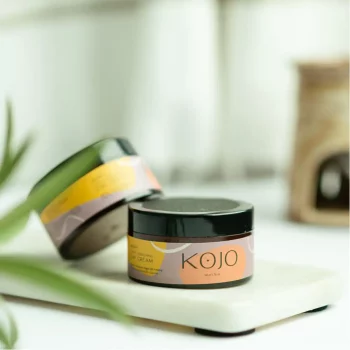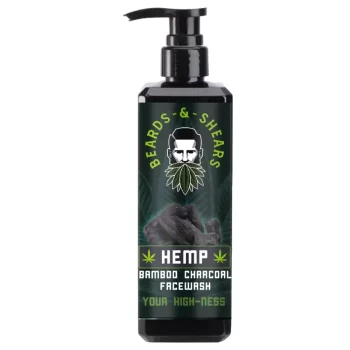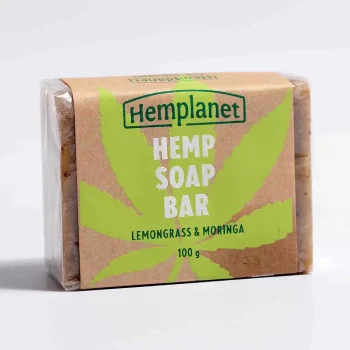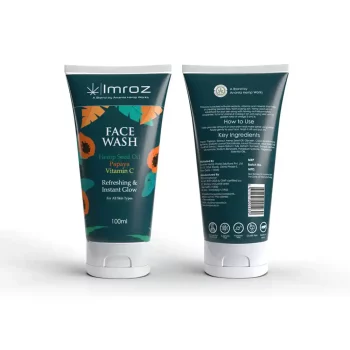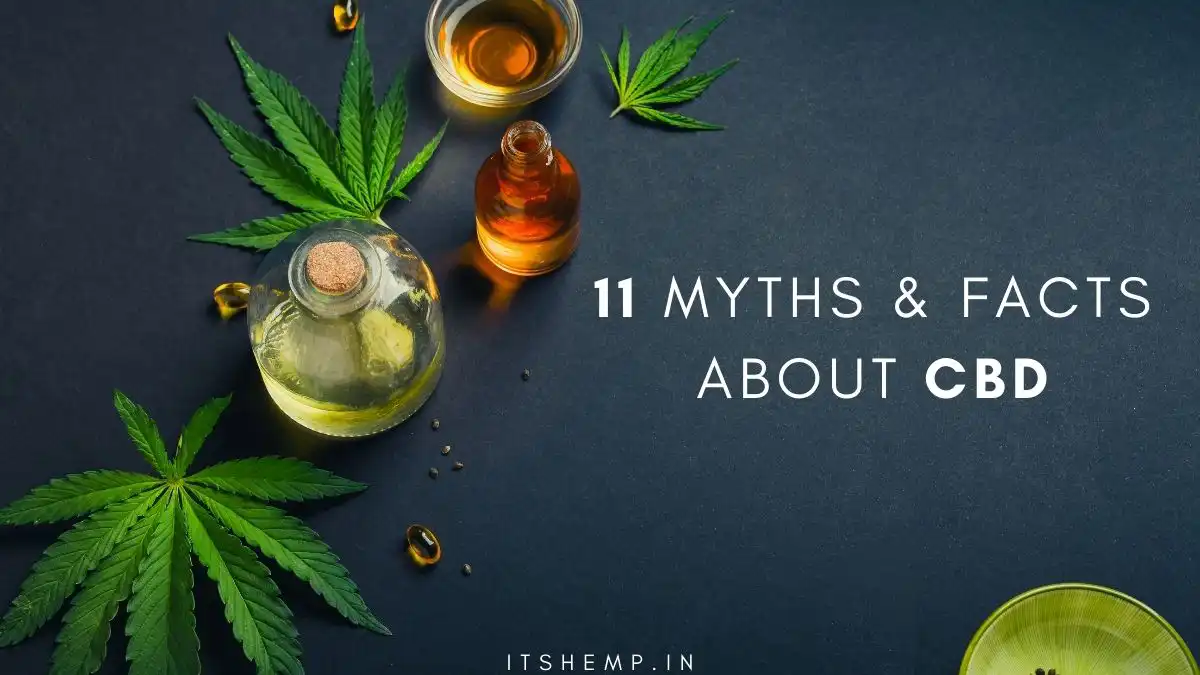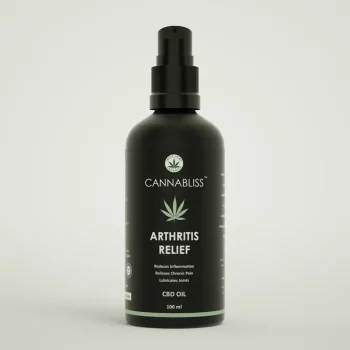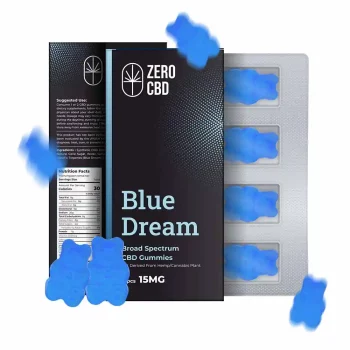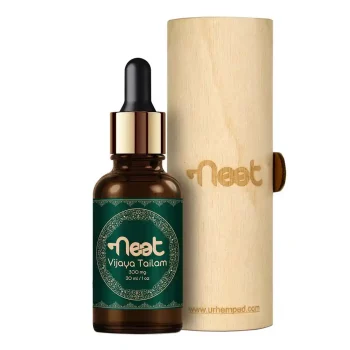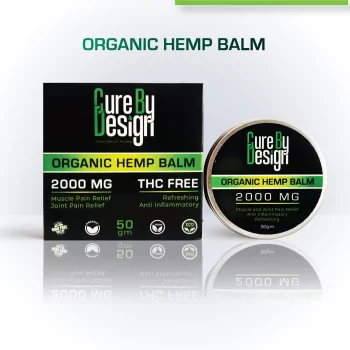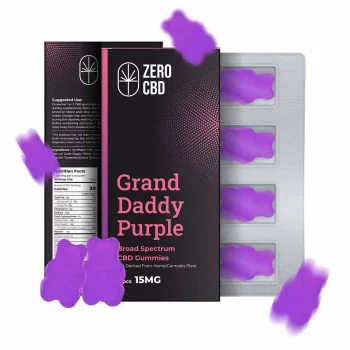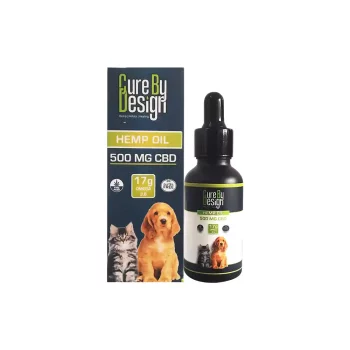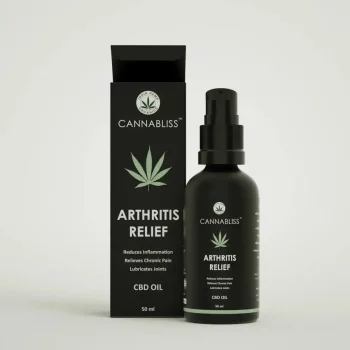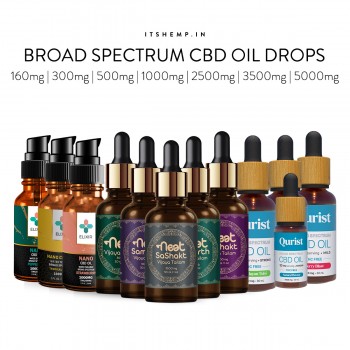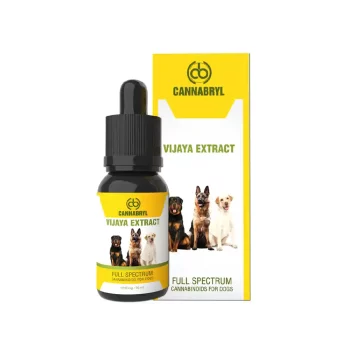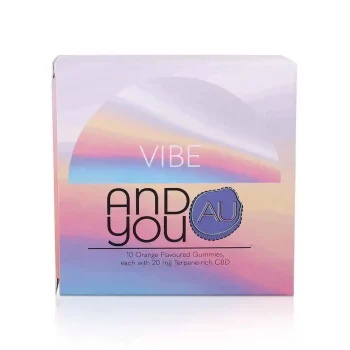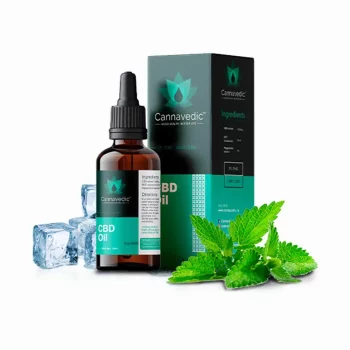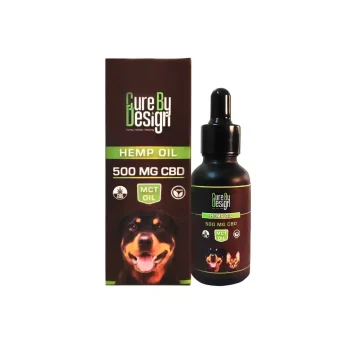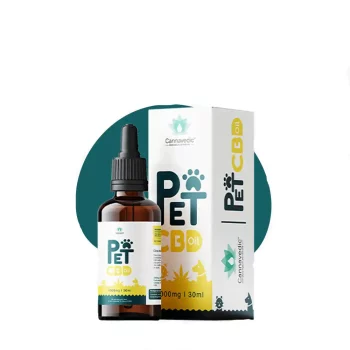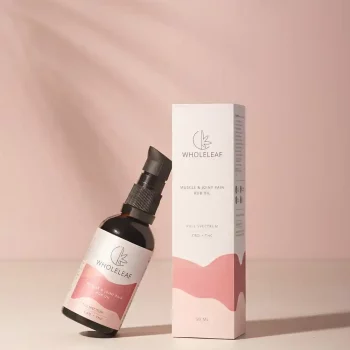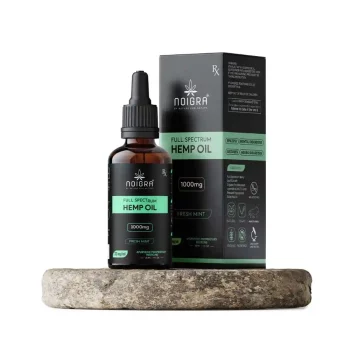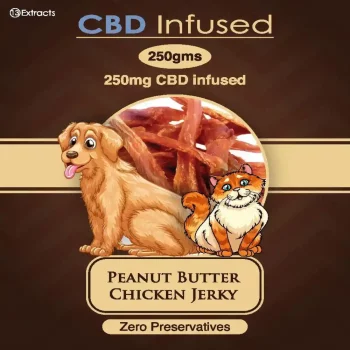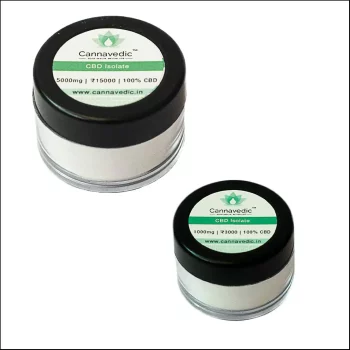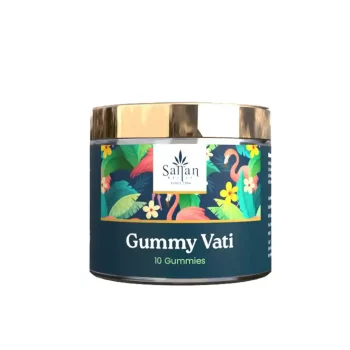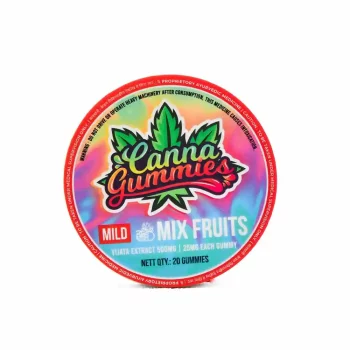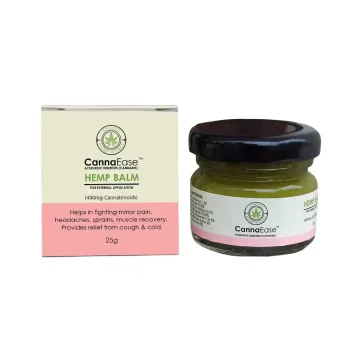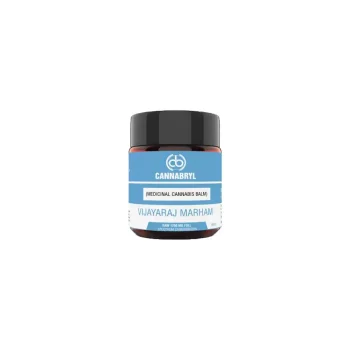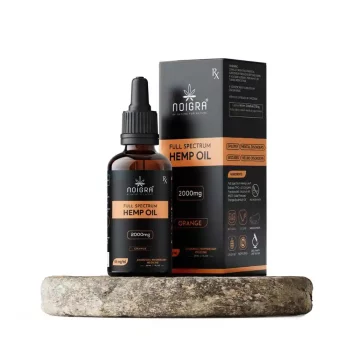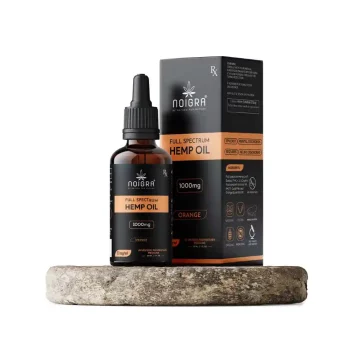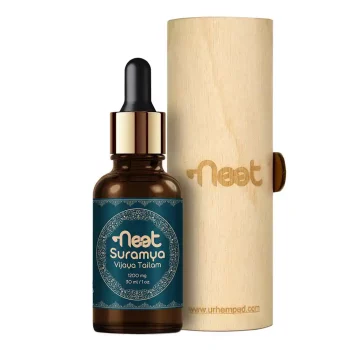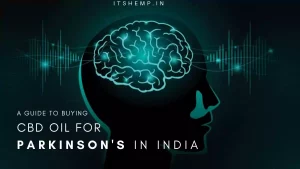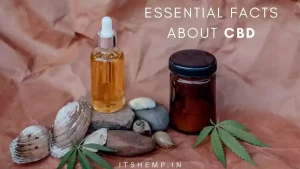If there is one substance that has managed to become the most exciting focus of medical research and popular media, it is Cannabidiol (CBD). From healthy food shelves to effective cures for medical conditions, CBD’s presence is, seemingly so, ubiquitous.
It is the compound that has doctors rethinking medicine and governments redrafting policies. Increasing research on the compound is revealing the insane medicinal and therapeutic benefits it has to offer. It is rapidly gaining popularity among the folk which is driving the cannabinoid revolution of the 21st century.
But is everything you hear about CBD true?
Yes, CBD is an incredibly effective, safe, and therapeutic compound found in the cannabis plant. But there are many myths and misconceptions associated with it. Before we take a look at these, let’s brush through what CBD is and why does it enjoy all this hype?
The basics of CBD
Cannabidiol, CBD for short, is one of the 118 identified cannabinoids found in the cannabis plant. It is a naturally occurring compound present in the flower of cannabis. It is believed to be non-intoxicating in the sense that it does not cause euphoria or the high that is often associated with cannabis.
CBD is considered to be a safe, non-addictive substance that, according to years of scientific and medical research, has multiple therapeutic benefits to offer to the human body.
CBD is fairly confused to be synonymous with another popular cannabinoid, THC. Both THC and CBD can have significant medicinal and therapeutic attributes and are, therefore, often confused.
However, the subtle difference lies in the fact that CBD does not cause the high in the body—something the THC is famous for.
CBD’s interaction with the human body can, in fact, lessen or neutralise the effects of THC. Non-intoxicating and therapeutically potent are two properties of CBD that make it appealing to scientists and consumers alike.
CBD—the Multipurpose Molecule
The world is witnessing a change in people’s medical preferences. More and more people are seeking medicinal alternatives that are more in sync with natural processes.
This is the main reason behind the success of CBD as an alternate medicine for multiple conditions. An in-depth exploration of human biology reveals that CBD can provide relief for conditions such as depression, chronic pain, anxiety, and inflammation among others.
CBD is deemed the multipurpose molecule because studies on the compound render it a potent cure for complicated health conditions such as (but not limited to):
- Physical disorders (Arthritis, inflammation)
- Neurological conditions (Parkinson’s, multiple sclerosis, dementia, Alzheimer’s, epilepsy)
- Skin diseases (acne, psoriasis, dermatitis)
- Metabolic syndrome (obesity, diabetes)
- Gut disorders (colitis, Crohn’s)
- Cardiovascular dysfunction (arrhythmia, atherosclerosis)
- Neuropsychiatric illness (ADHD, PTSD, alcoholism, autism)
In addition to these, CBD has shown neuroprotective effects and anti-cancer properties. These are still being explored in detail by scientists all over the world.
Myths About CBD
Myth #1: CBD is Non-psychoactive.
The most popular among the myths about CBD is the belief that CBD is non-psychoactive. This myth associates closely to the belief that the CBD component of the cannabis plant is purely medical while the THC is recreational. The scientific and lay literature on CBD classify the compound as non-psychoactive.
Yet, studies make claims that CBD has anti-psychotic, anti-anxiety, anti-addiction, and mood-elevating effects on the human brain. The term psychoactive refers to the ability of a compound to affect the mind. The findings that CBD has anxiolytic, anti-psychotic, and mood-elevating properties establish the implication that CBD does, in fact, affect our psyche.
The only difference is that it does so in a beneficial way. It allows our mind to go from a state of high stress to one of low stress, for example. And these effects are not accompanied by any euphoria or intoxication, as in the case of THC. That is to say, unlike THC, CBD does not impair the mental and/or physical functioning of the human body—even when consumed in high doses.
Fact: CBD is Psychoactive but Non-intoxicating.
Though CBD does not impair the mental and/or physical functioning of the human body, it does affect the state of our mind. Therefore, it makes sense to label CBD as psychoactive but non-intoxicating or non-impairing.
Myth #2: All CBD is the Same.
Many people believe that CBD is CBD and it doesn’t matter where it comes from. Though the base molecule of CBD remains the same, its source and the compounds it brings with itself affect its potency.
While CBD can be a remarkable medicine, its best effects are witnessed in the context of its sister phytochemicals from cannabis plants. In fact, the combination of CBD and THC, according to studies, makes the best case for medical relief. One of the superpowers of CBD is enhancing the therapeutic benefits of THC while curtailing its adverse effects.
Fact: The source and sister components of CBD affect its potency.
While CBD is abundantly present in the hemp plant, it is also present in marijuana and other cannabis plants. The hemp plant is likely to be less efficient than say, medical cannabis. In order to extract a decent amount of CBD, bulk quantities of the hemp plant may be required which increases the risk of contaminants in the final product.
Moreover, the hemp-based CBD industry is guilty of mislabelling. A recent study revealed that only 31% of the total 84 CBD products bought online were labelled correctly. Ideally, the most trusted source of CBD would be, whenever possible, locally grown, artisanal-produced, and laboratory-tested products acquired through a legalised medical cannabis program.
As for the sister components of CBD, CBD is just one of the 118 identified cannabinoids present in the cannabis plant. It is true that individually, CBD is a therapeutic compound with a varied range of medicinal benefits. However, each cannabinoid has its own properties and can provide a certain kind of benefit to the body. When CBD is used in combination with other cannabinoids, the effects of each are amplified and the body experiences a more wholesome relief.
In the world of CBD, three types of extracts are found—isolates, broad-spectrum, and full-spectrum. Isolates contain only CBD, without any other chemical compounds. Broad-spectrum extracts contain CBD in addition to other compounds but not THC. Full-spectrum extracts contain all the chemical compounds including THC.
As evident, isolates, broad-spectrum, and full-spectrum extracts are not the same. Each has a distinct chemical profile and offers corresponding benefits. Therefore, the fact remains that all CBD is not the same.
Myth #3: High Dosage Equals Better Relief
A lot is being discovered about CBD’s potential as an all-natural alternate medicine. But clarity on the dosages of CBD is still far ahead. There are instances where low doses of CBD have proved to be highly efficacious in treating medical conditions and enhancing the endocannabinoid system without any severe side effects.
There have also been incidents where high doses of CBD have been needed. When compared milligram to milligram, CBD is less potent than THC at providing relief from symptoms. This, in addition to the all-natural properties of CBD, has led people to believe that high doses of CBD will be more effective.
In reality, CBD isolates require higher doses to be effective in comparison to broad- and full-spectrum extracts. But this alone does not determine the use of CBD as a potential medicine.
CBD extracts with other cannabinoids offer a wider therapeutic window than a CBD isolate. And, if the scientific reports from clinical trials are to be believed, a combination of CBD and THC proves to be most effective at doses as low as 2.5 mg. Of course, quite a lot will be dictated by the nature and extent of the medical condition being treated.
At the bottom of it all, what could be said is that there is no strict line about the dosage of CBD. The medical condition, the extract of CBD, and any other medication are some of the factors which dictate the dosage.
Fact: Dosage Depends on Several Factors
While the general rule about using CBD is to start with the lowest possible dosage and increase it gradually depending on how the body responds, the ideal dosage for each person depends on a number of factors:
- The type of CBD extract you’re using: As mentioned above, broad- and full-spectrum extracts are more effective in smaller dosages in comparison to isolates. The type of CBD extract you’re using will play an important role in determining the base and ideal dosage.
- Type of product: There are at least 5 different ways to use CBD. These include oil, gummies, capsules, beverages, and topical products. The amount of CBD that actually enters our body differs in each type of product. This also affects the dosage that the body will need to experienced desired effects.
- Body Weight and Individual Body Chemistry: The amount of fat present in a body influences the amount of CBD one needs to have considerable effects. This is because the body weight affects the metabolism of and circulation in the body. Ideally, people with more body weight should absorb more CBD. Body weight also affects the amount of time for which CBD stays in your body. CBD is stored in the fat cells and is gradually eliminated through the urine or feces. Therefore, theoretically, people with more fat should experience the effects of CBD for a longer period of time.
Myth #4: CBD is Sedative
Many people believe CBD to be a sedative. This stems from CBD’s association with cannabis. However, that is not true. CBD is not sedating but alerting. Studies and research on CBD have shown that CBD can counteract the sedative effects of THC, delay sleep time, and lower the high hangover caused by THC.
As has been documented, even single CBD doses as high as 600mg have not produced any sedating effects. CBD is not intrinsically sedative. However, it does promote better sleeping patterns because of its anti-anxiety effects.
Fact: CBD is Relaxing but not Sedative
CBD is a relaxant. It reduces stress in the body and induces a sense of calm. It is anxiolytic in nature which eases anxiety and helps the mind stay peaceful. However, it is not sedating. The instances when CBD confers a sedating effect are most likely to be caused by mycerene-rich terpene profile. Mycerene is a terpene with sedative and painkilling properties. CBD is not intrinsically sedating.
Myth #5: CBD works by activating Cannabinoid Receptors in the brain
The human body is home to an Endocannabinoid System (ECS) which helps it to respond to illness and injury. The ECS is always functioning in all the organs and tissues to keep us healthy. That makes this system a natural target for all therapeutic inventions in all diseases known to mankind.
It is the widespread presence of the Endocannabinoid System throughout the body that justifies the efficiency of medical cannabis in treating inflammatory, neurologic, psychiatric, and metabolic conditions among others.
It is true that cannabinoids work by interacting with the cannabinoid receptors in the brain. For example, THC can bind to both CB1 and CB2 receptors. This allows it to have a wide range of effects on the mind and body such as reducing pain and stimulating appetite, on the one hand, and causing paranoia and anxiety on the other.
Fact: CBD does not bind with CB1 and CB2 Receptors
However, CBD does not activate the cannabinoid receptors in the brain. It works in a backward direction. Instead of binding to the CB1 and CB2 receptors, inhibiting the breakdown of certain cannabinoids in a particular receptor. For example, CBD reduces the action of enzymes that will break down anandamide in the body. This leads to a higher concentration of anandamide. And since anandamide has a calming effect on the brain, a higher concentration of it allows CBD to be used in treating stress and anxiety.
Myth #6: CBD gets you High
“Because CBD comes from cannabis, it must get you high.”, is a common statement we hear when talking about the myths about CBD. But nothing can be further from the truth. Yes, CBD comes from cannabis. No, it does not get you high.
The cannabis plant contains over 400 different types of chemical compounds out of which 118 have been identified as cannabinoids. CBD is just one of these. Each cannabinoid has its own properties and provides different benefits to the body. Even though these cannabinoids come from cannabis, not all of them cause intoxication or the high.
Fact: CBD does not get you high
CBD is a non-intoxicating cannabinoid that does not cause euphoria or impair the mental and/or physical functioning of the body.
Myth #7: CBD Good, THC Bad
This myth associates closely with the belief that the CBD component of the cannabis plant is purely medical while the THC is recreational. The problem with this classification is not the medicinal attribute of CBD but the only recreational attribute of THC.
For decades now, the medical world has known and acknowledged the paradigm of medicinal marijuana. There are numerous clinical trials that demonstrate THC’s very relevant medicinal properties. Hence, THC is a compound that serves both medicinal and recreational purposes.
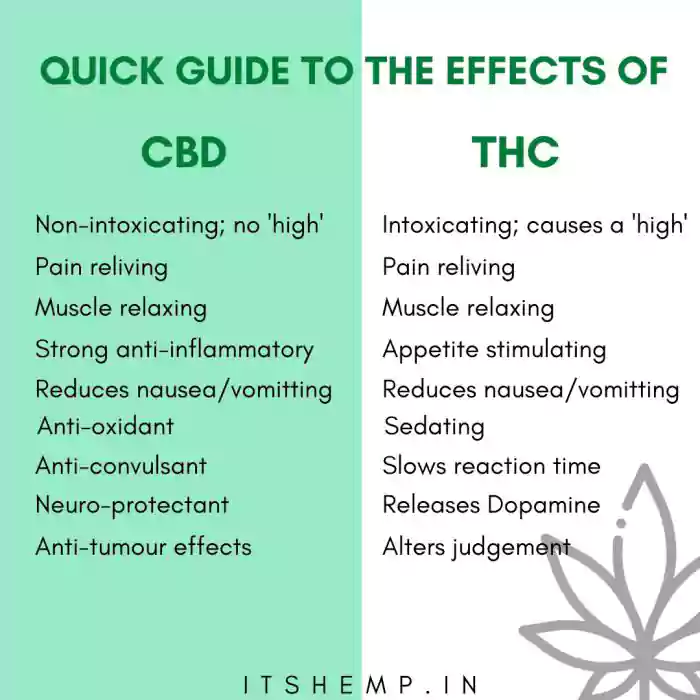
Fact: Both CBD and THC have their own benefits
CBD and THC are two different cannabinoids, each with its own benefits and properties. While THC does cause intoxication, it also has a lot of positive effects to offer. It relieves pain, stimulates appetite, relaxes the muscles, reduces nausea, and promotes the release of dopamine in the body.
Myth #8: CBD Oil & Hemp Oil are Same
Another common phrase that gets thrown around in conversations relating to myths about CBD is that CBD oil and Hemp Oil is the same. But, that is not so. Hemp and CBD oil are extracted from different parts of the hemp plant and have different chemical profiles and applications.
Fact: CBD Oil and Hemp Oil are Different
Hemp oil is extracted from the seeds of the hemp plant. It is nutritionally rich in that it contains essential fatty acids, vitamin E, dietary minerals, etc. It can be used as a nutritional and skincare supplement. However, it does not have any medicinal benefits as those of CBD oil.
CBD oil is extracted from the flower of the hemp plant. It is not nutritionally rich but has a wide range of medicinal properties that help with multiple medical conditions. CBD oil is anti-inflammatory, anti-psychotic, anti-emetic, anxiolytic, neuroprotective, anti-oxidant, and anti-convulsant in nature. It can relieve pain, reduce stress, ease nausea, decrease the frequency of epileptic seizures, improve cognitive functioning, and much more.
Myth #9: CBD does not affect other medications
Because CBD is an all-natural, plant-based remedy, many people believe that it will not have any interaction with other medicines. However, scientific research tells us that CBD can in fact interfere with the workings of some common medicines, which may lead to unwanted side effects.
CBD works by interacting with the ECS but the way it is metabolised in the body is a different story altogether. CBD, like most other medicines, is also metabolised by the CYP450 system in the body. Studies tell us that on interacting with the enzymes of the CYP450 system, CBD slows down the process of drug metabolism. When this happens, our body needs more time to process the same amount of drugs when CBD is taken along with them. And the reverse is true as well. Many drugs can also hinder the CYP450 enzymes and if CBD is taken in addition to them, the body might need more time to process it.
Fact: CBD does interact with other medicines
When our body takes more time to process the same amount of drugs, it leads to a situation where the body has more medication than intended. This overage leads to unwanted side effects.
Any drug that is metabolised by the CYP450 system can possibly interact with CBD. These include:
- Antibiotics
- HIV antivirals
- Immune modulators
- Antimicrobials
- Blood Thinners
- Pain medications
- Antiepileptic drugs
- GI medications
Myth #10: CBD doesn’t have side effect
This myth about CBD also stems from the fact that CBD is an all-natural, plant-based remedy. What we often forget is that though plant-based, CBD is a chemical compound and like any other chemical compound, it needs time to adjust to the body and the body needs time to adjust to CBD. In addition, the presence of other medications also influences the effects of CBD, as discussed in myth #9.
Fact: CBD can cause some side effects, especially in the beginning
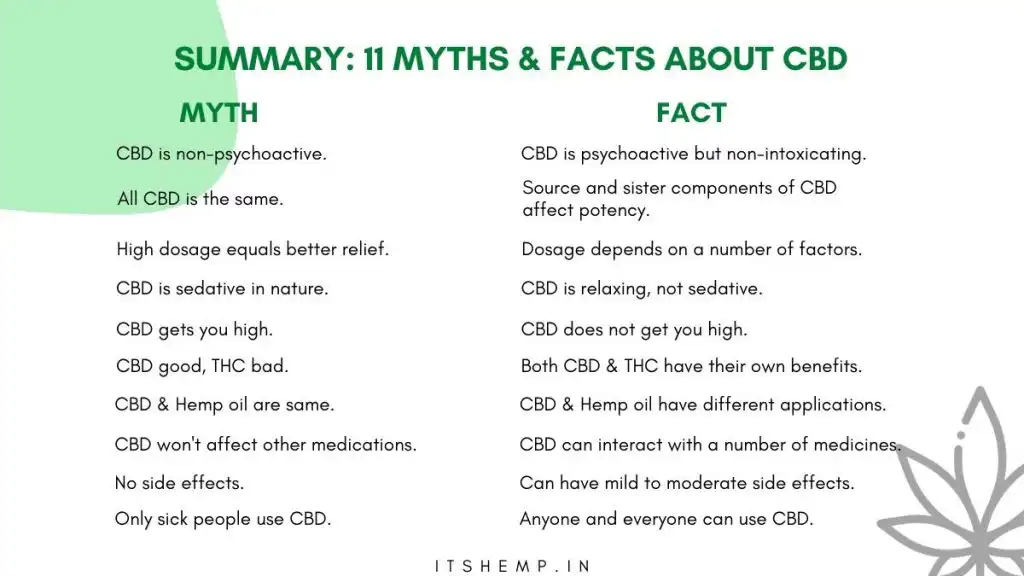
Here is a list of common side effects caused by CBD:
- Drowsiness
- Dry Mouth
- Nausea
- Indigestion
- Diarrhaoea
- Fatigue
- Appetite Loss
Myth #11: You have to be sick to use CBD
Because CBD is famous for its medicinal and therapeutic properties, it is often believed that only people with one or the other medical condition can use CBD. But that is simply not true!
CBD can be used as a wellness supplement that boosts our metabolism, strengthens our immunity, and improves the overall cognitive functioning of the body. While it provides targeted benefits from one or more medical conditions, it also works to enhance the overall health of the body.
Fact: Anyone and Eeveryone can use CBD
CBD is a safe and well-tolerated chemical compound for people of all ages. From kids to young adults to seniors, everyone can benefit from CBD. It can be used as a daily wellness supplement in a number of ways. Consuming CBD in the morning can give us the energy boost needed for the day while taking it before bedtime can improve sleep quality. A shot of CBD can also help navigate our way through headaches and fatigue on busy days.
Buy CBD in India
-
India Hemp Organics CannaBliss Arthritis Relief- CBD Oil (100ml)₹1,399.00
-
Zero CBD Blue Dream 15mg Broad Spectrum CBD Gummies (4 Pcs)₹400.00 – ₹7,000.00
-
Neet 300mg Broad Spectrum Vijaya Tailam CBD 30ml₹1,999.00
-
Cure By Design Organic Hemp Balm 2000 mg CBD (50 gms)₹2,500.00
-
Zero CBD Grand Daddy Purple 15mg Broad Spectrum CBD Gummies (4 Pcs)₹400.00 – ₹7,000.00
-
Cure By Design Hemp Oil for Pets – 500mg CBD (30ml)From: ₹2,000.00
-
India Hemp Organics CannaBliss Arthritis Relief- CBD Oil (50ml)₹999.00
-
Product on saleBroad Spectrum CBD Drops₹1,999.00 – ₹9,999.00
-
Cannabryl Full Spectrum Vijaya Extract For Dogs, 1500mg, CBD-THC Balanced, 30ml₹4,500.00
-
Product on saleAndyou – Vibe&U Mood Uplift Gummies (200mg CBD + terpenes for good vibes), Orange Flavour, 10 GummiesOriginal price was: ₹1,499.00.₹1,320.00Current price is: ₹1,320.00.
-
Cannavedic CBD Isolate Tincture Icy Mint, 1500mg, 30ml₹4,500.00
-
Cure By Design Hemp Oil for Pets – 500mg CBD (MCT) (30ml)From: ₹2,000.00
-
Cannavedic Pet CBD Oil, 1000mg, 30ml₹3,500.00
-
Wholeleaf Muscle And Joint Pain Rub Oil with 140 gms of Cannabis Leaves, 50 ml₹999.00
-
Product on saleNoigra Full Spectrum Hemp Oil, 1000mg, Mint, 30mlOriginal price was: ₹5,499.00.₹4,999.00Current price is: ₹4,999.00.
-
13 Extracts CBD Infused Peanut Butter Chicken Jerky₹950.00 – ₹2,800.00
-
Cannavedic Pure CBD Isolate Crystals – 1000mg|5000mg₹1,500.00 – ₹6,500.00
-
Product on saleSanan 1750mg Cannabis Infused (1:3) Gummy Vati Plus (Berry + Original Flavour) (10 pcs)₹1,000.00 – ₹1,200.00
-
Product on saleCannagummies 500mg-1200mg Cannabis Infused (1:1) & Mix Fruit Gummies (20 pcs)₹2,500.00 – ₹7,500.00
-
Product on saleAnanta Cannaease Hemp Balm, 25gOriginal price was: ₹999.00.₹649.00Current price is: ₹649.00.
-
Cannabryl Raw Medical Cannabis Balm, 1250mg, Regular Strength (Vijayaraj Marham), CBD-THC Balanced, 100 ml₹4,400.00
-
Product on saleNoigra Full Spectrum Hemp Oil, 2000mg, Orange, 30mlOriginal price was: ₹9,999.00.₹8,999.00Current price is: ₹8,999.00.
-
Product on saleNoigra Full Spectrum Hemp Oil, 1000mg, Orange, 30mlOriginal price was: ₹5,499.00.₹4,999.00Current price is: ₹4,999.00.
-
Neet Suramya 1200mg Broad Spectrum Vijaya Tailam CBD 30ml₹3,999.00


